Northern Hemisphere 2023 / 2024 Winter Targets
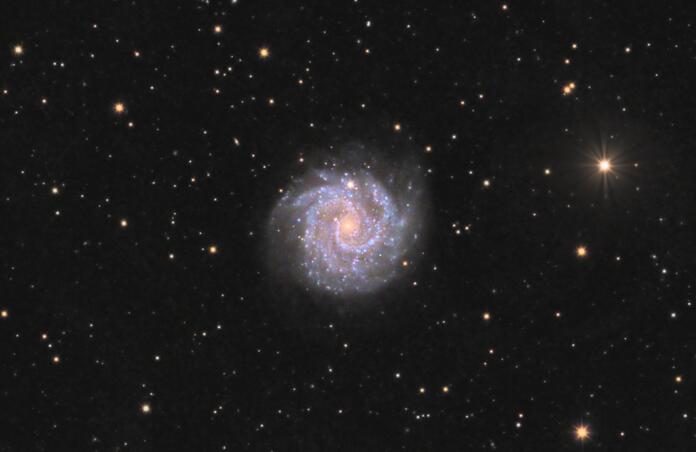
Winter is coming and it includes some of the most recognized constellations of the night sky. There are the annual favorite targets to go after such as M42, the Orion Nebula, IC 448, the Jellyfish Nebula and IC 2118, the Witch Head Nebula. However, here are a few not so well known targets that you may want to include in your imaging plan.
NGC 2174
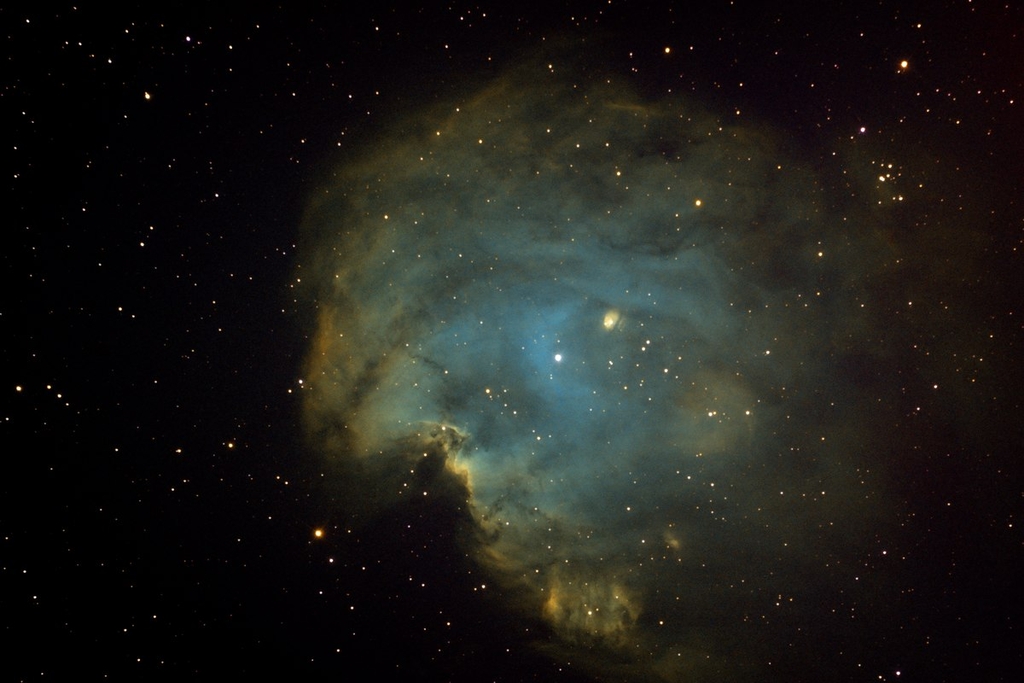
This is a bright nebula in Orion, located near the top of Orion’s club and normally known as the Monkey Head nebula. It’s associated with NGC 2175 which is an open star cluster. The stars near the center of the nebula generate a lot of energy that apparently cause the material in the nebula to shift into complex shapes. Look for this object to be in position for imaging with the IC Astronomy Spain Telescope Array beginning in earnest in November and continuing through to April.
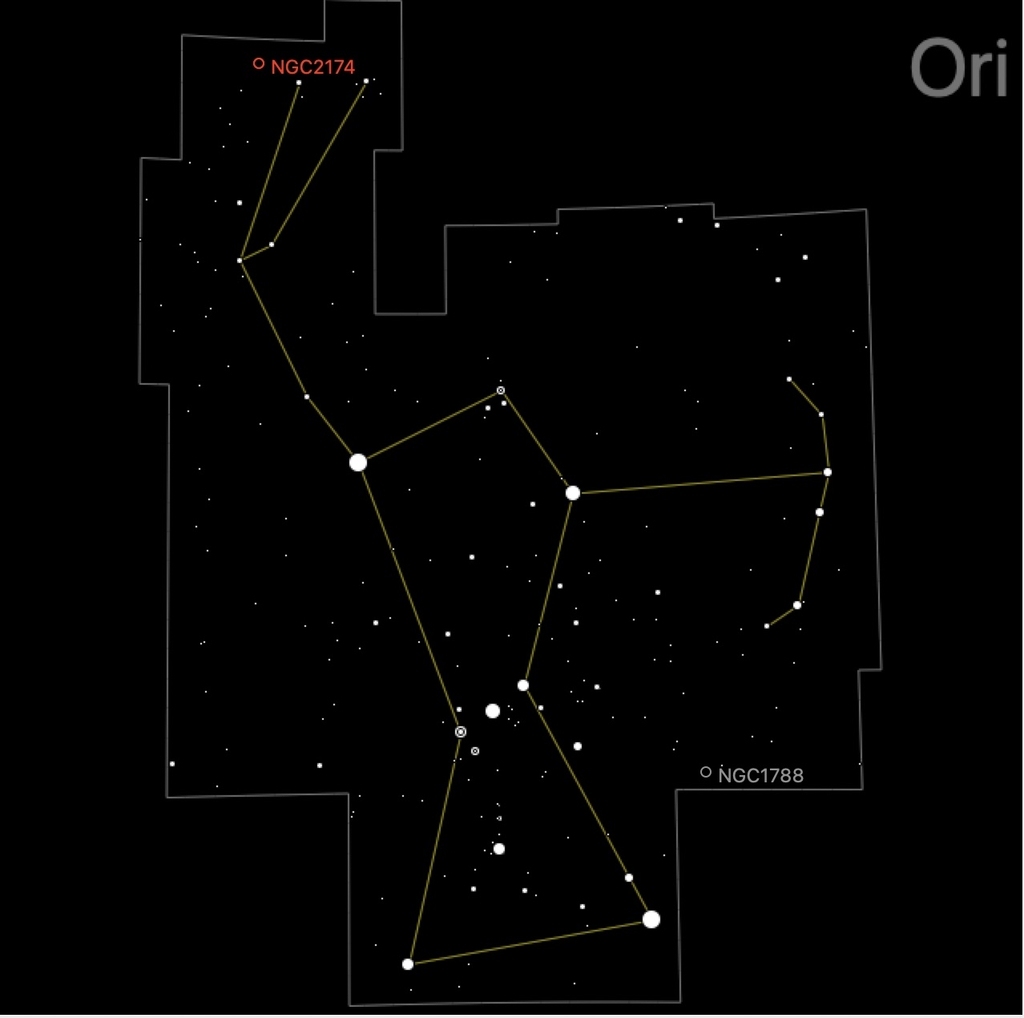
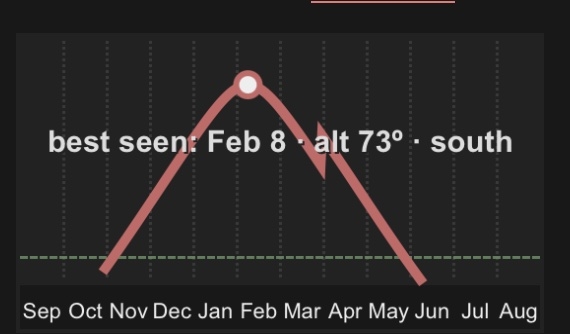
Sh-2-261
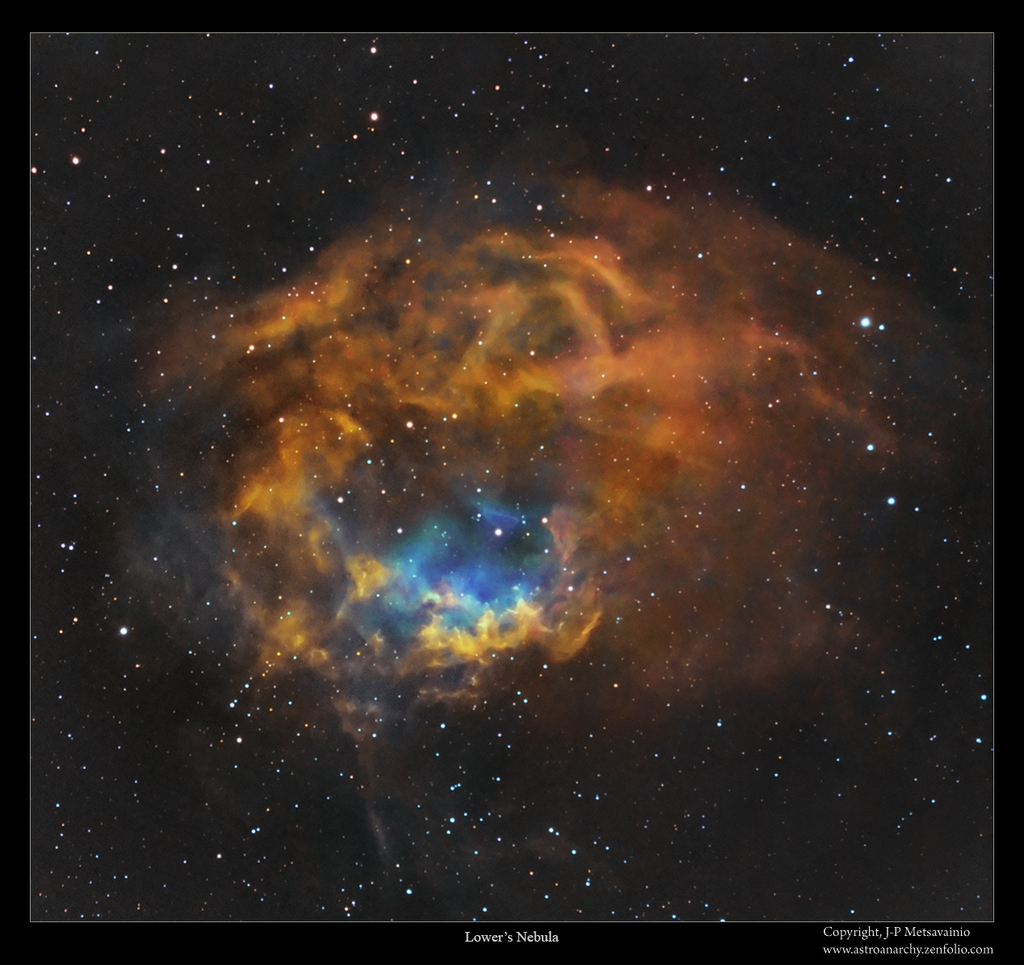
This is Lower’s Nebula, also in Orion. This is an HII region that was named for the father and son team of amateur astro photographers who imaged this object in 1939. It is located just below NGC 2174 in Orion’s club. This object will be in position the same time as NGC 2174.

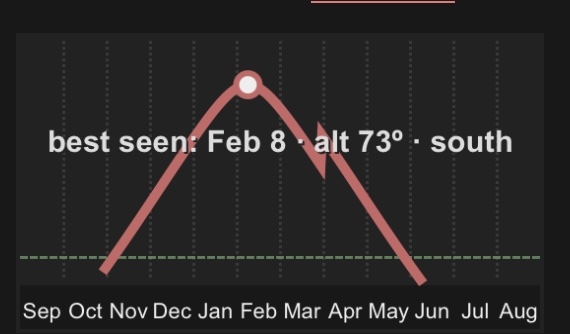
IC 417
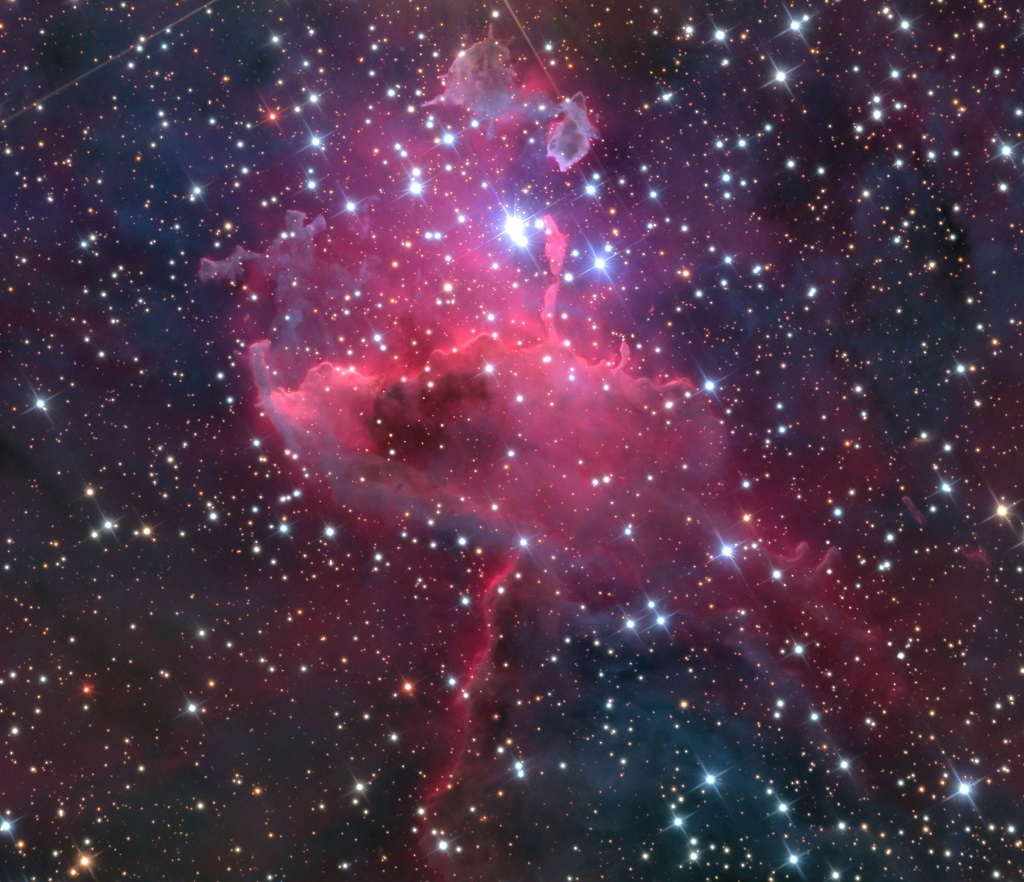
This emission nebula is just west of M36 in Auriga. This target is also referred to as the Spider and Fly nebula which includes NGC 1931. There are a lot of star clusters and nebula in this constellation including the more well known Flaming Star Nebula. This nebula is energized by massive hot blue stars and it will be a challenge to get all the image detail found in this object
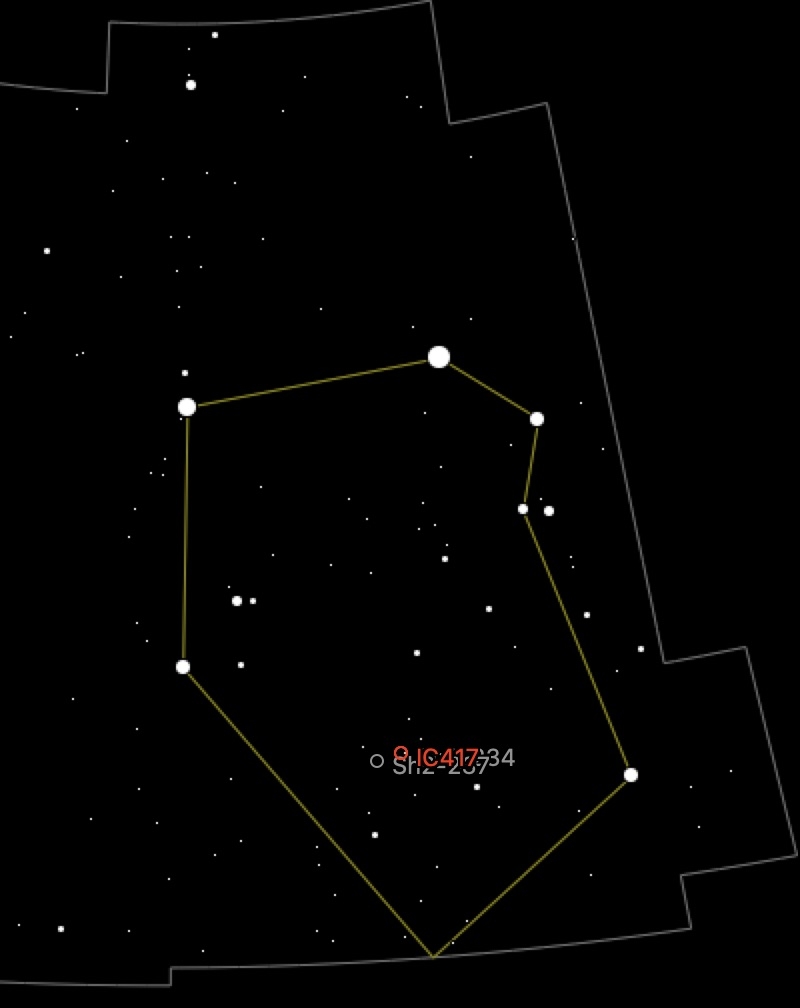
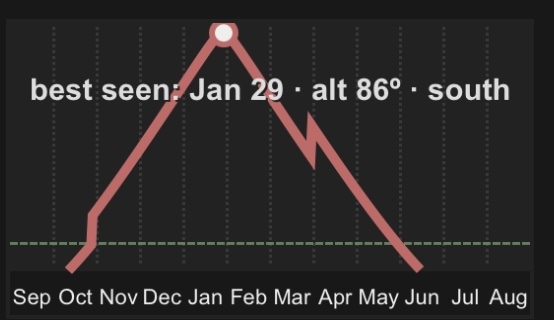
NGC 1333
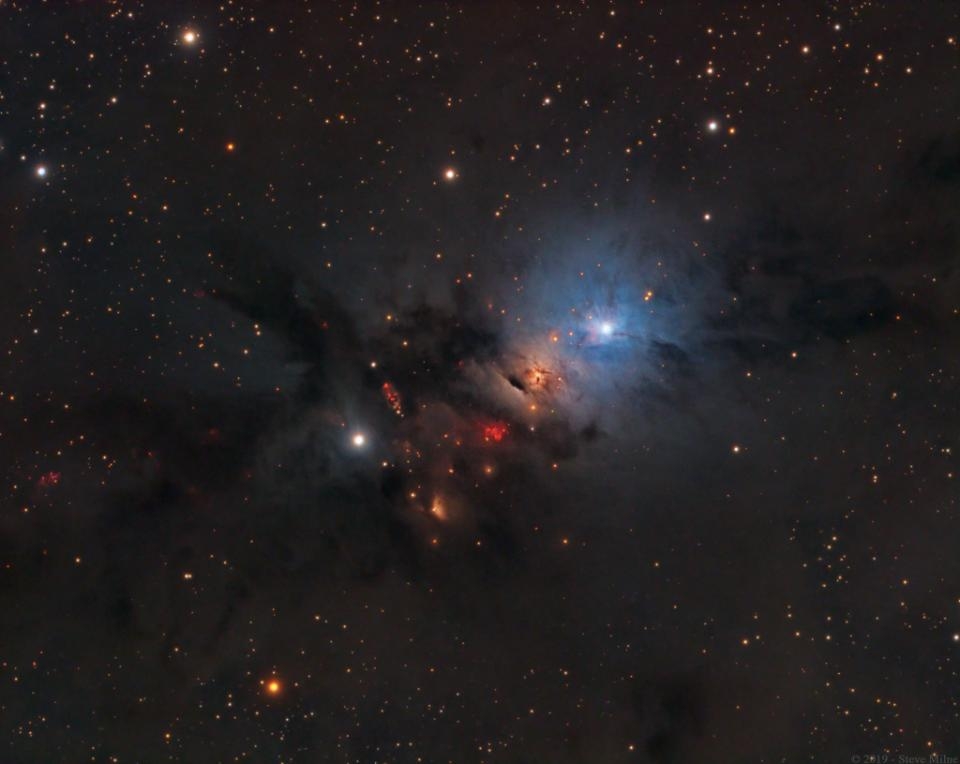
This is a bright reflection nebula in Perseus and is part of the Perseus molecular cloud complex which is an area of active star formation. There is a large amount to gas and dust that can be seen in a variety of illumination and emission effects. This includes dark nebula near this object.
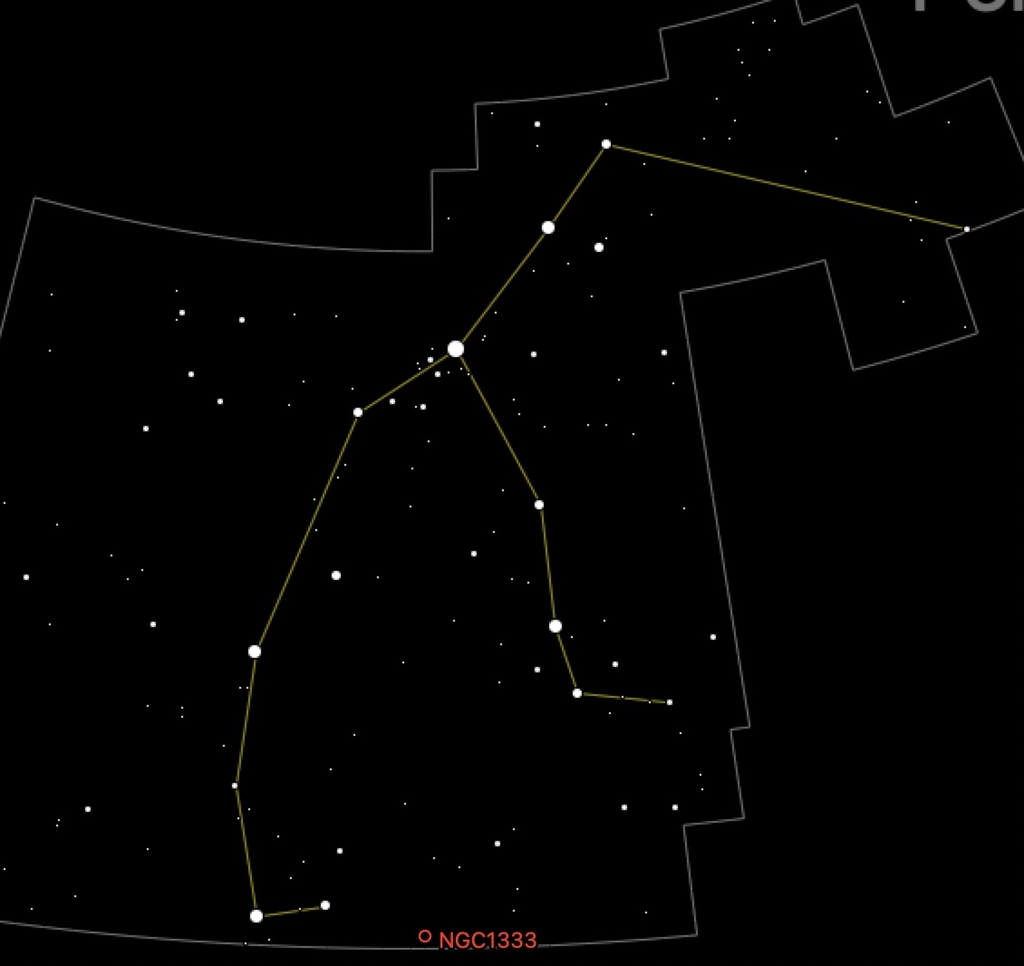
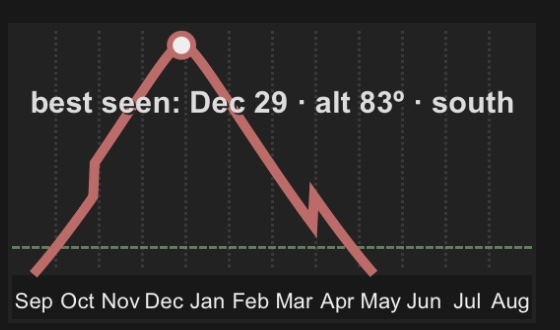
NGC 3184
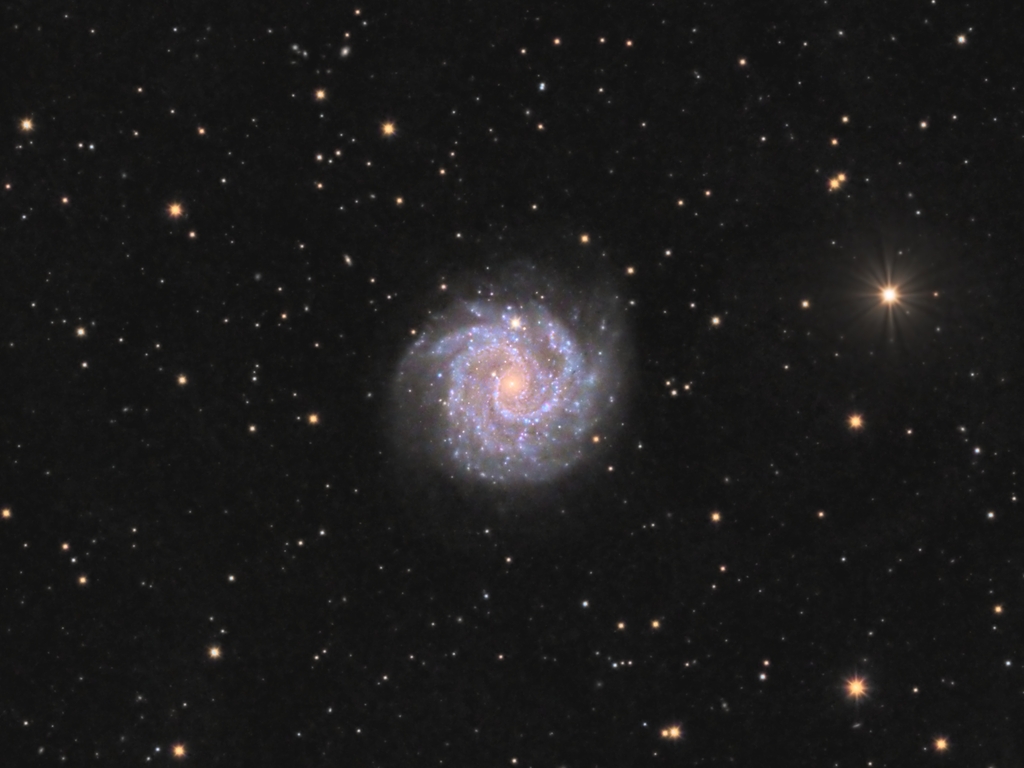
This is a face on spiral galaxy Ursa Major that is not well noticed in the company of more famous neighbors. This target has highly visible blue spiral arms and pink star forming regions. It is about 25 million light years away and about 50,000 light years across. While it is at it’s best visible position in April, it can be imaged a few months before this time.
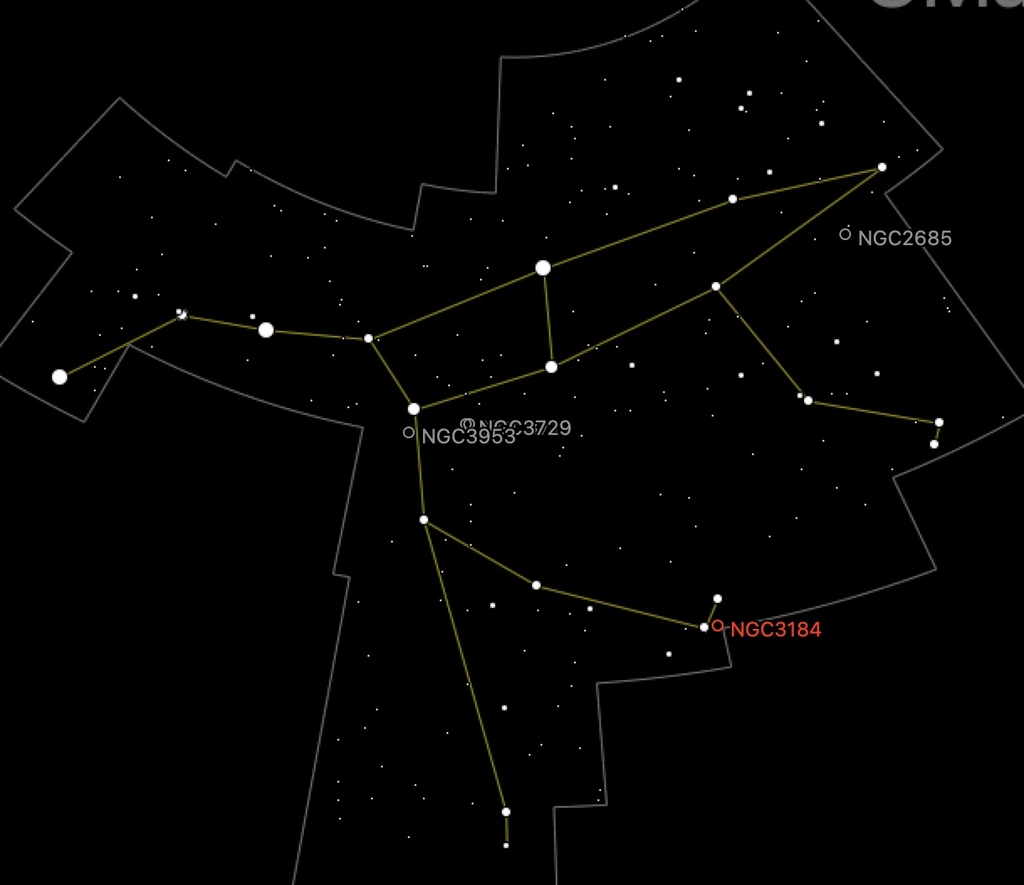
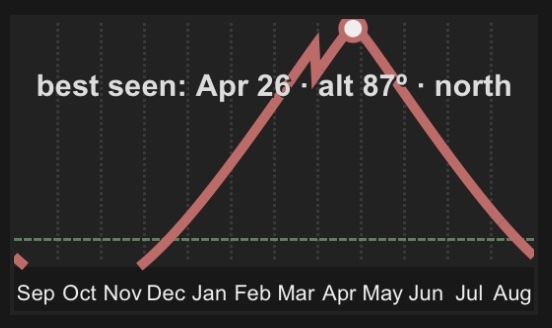
Image Credits
NGC 2174; Tal Achituv
Sh 2-261; J.P. Metsavainio; www.astroanarchy.zenfolio.com
IC 417; Adam Block; Mt Lemmon Sky Center / University of Arizona
NGC 1333; APOD1024; Steve Milne and Barry Wilson
NGC 3184; Ron Brecher; The Astro Doc - https://astrodoc.ca/
